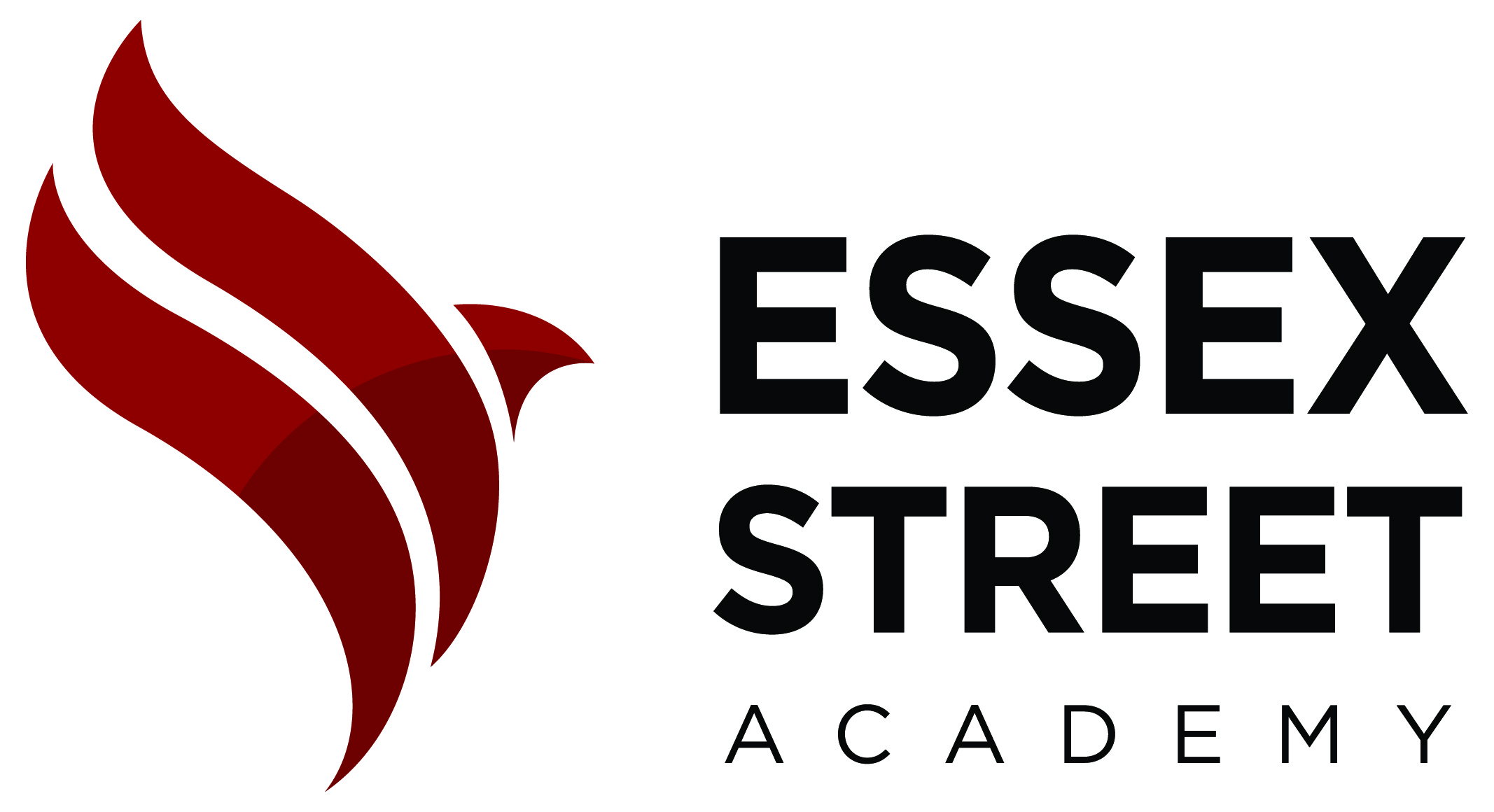I just finished teaching “Born A Crime” by Trevor Noah to my class. In the memoir, Noah describes his childhood during and after apartheid in South Africa. The book discusses a wide range of themes related to identity, including race, gender, language, education, violence, government, and power. Students are now working on a writing assessment that attempts to address authenticity of discipline from multiple angles. Part 1 of the project consists of an analytical essay that responds to the question “what is the most significant force shaping Trevor Noah’s identity?” The second part asks students to create a narrative about a historical moment in their own country (the United States or country of origin) similar to how Noah describes apartheid in his book. Finally, the third part asks students to write their own memoir piece, using at least two of the four types of humor employed by Noah in his book. I am trying to access authenticity of discipline in this project because I think the question of “How might we instruct students to write critically in their own voice” is a challenging but essential one. I am excited to read students writing about the same text from three different writing perspectives. My hope is that this will allow them to experiment with voice and hone in on his or her particular voice. I think it could be challenging for students to engage with a style of writing they haven’t attempted before, such as writing about themselves using humor. We have done some practice in class, but it will still be the first time many of them have written in this manner. They really loved the book and found it deeply funny, so my hope is they will feel inspired and perhaps seek to emulate Noah’s writing while creating their own world.
As a department we are attempting to move away from textual response and analysis that is structured purely around the five paragraph essay model. This poses several challenges for me as a teacher. Is it possible to design creative responses that are as rigorous as analytical responses? How do you teach or implement multiple types of responses at once without giving superficial attention to each one? Is there time in the semester to cover that many genres of writing? What I think is the most challenging though, is that even if I’m telling students they don’t have to respond in a five paragraph essay format, they still need to learn HOW to write, which then requires me to teach them how to construct an argument, and then begs the questions, is this actually their authentic response? Isn’t this just the same process with a different format? Students come in with such limited writing and response skills that it seems naive to assume they can respond authentically without some structure and direct instruction. How can we scaffold and construct writing assessments that allow them to respond authentically but are also still pushing them to write and analyze beyond what they already know?

Hi Jane! Your post has me thinking about “free writing” and “invention drafts” where I try to be less proscriptive and give students a chance to use their experiences and preferences to approach the writing process. Then I begin to impose structure. Also, I have used graphic organizers for FACT PARAGRAPHS and different graphic organizers for PERSUASIVE PARAGRAPHS which is a somewhat roundabout way of asking students what they’re trying to accomplish in any given paragraph they’re working on to include in a larger, multi-paragraph essay or research paper. I like to think that the existence of these different tools gently pushes students to think about the purpose of their writing, moving them toward more purposeful writing.